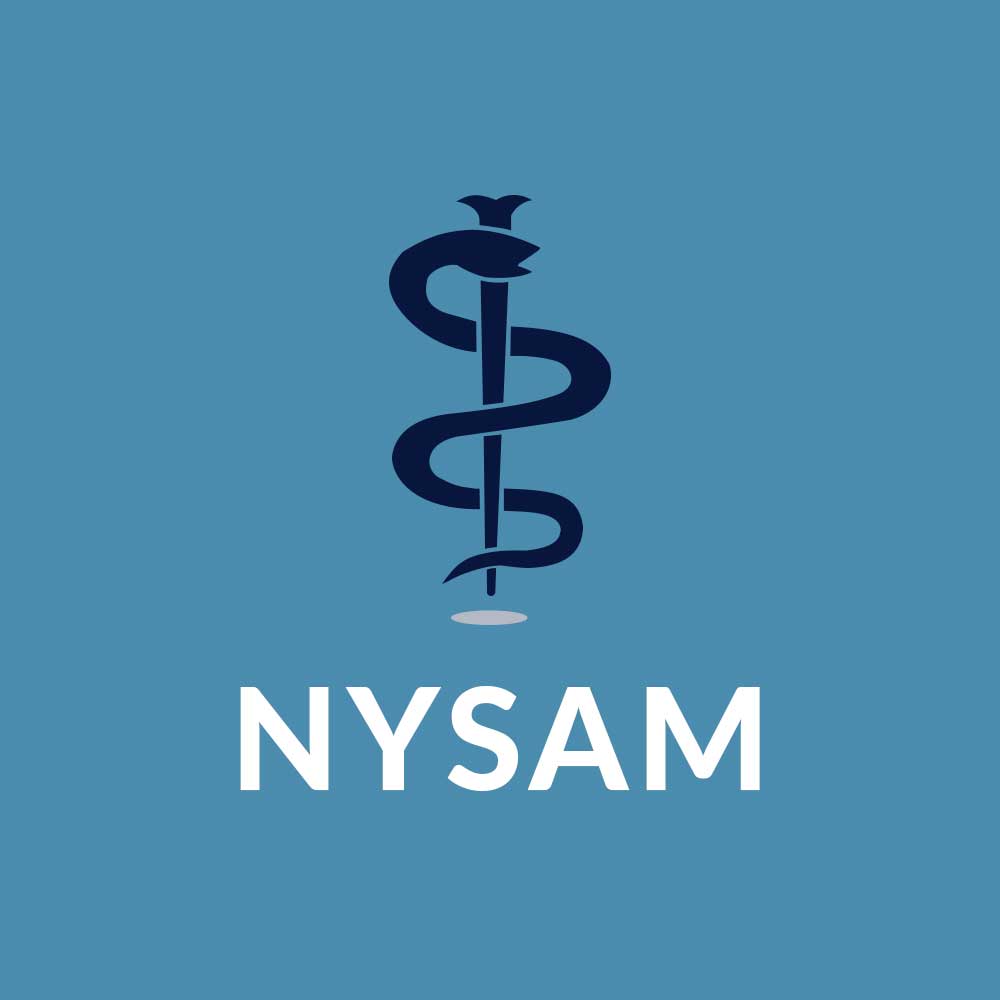NYSAM is concerned about prescription drug abuse. We plan to have a Public Policy Forum in New York City on Friday, February 3, 2012 from 2:00 pm to 5:00 pm, the day before our 8th Annual Scientific Conference at The New Yorker Hotel, 481 Eighth Avenue, New York, New York.
At the forum, we will have several of our members speak and then have several members of governmental agencies, the assembly and state senate speak. Much of the three hours will be spent in discussion and dialogue.
Under Public Policy Resources on our website, we have previous testimony given to a Assembly Committee last year. Below is what the NYSAM Public Policy Committee has developed so far this year. We want input from all our members.
Do you agree with what we have written so far? What additional ideas might you offer. Please reply through the website www.nysam-asam.org or e mail Norm Wetterau at normwetterau@aol.com. You do not have to be a member of our Public Policy Committee to have this input. Please mark your calendars for these two important events.
In order to provide optimal care for a patient, a physician must be aware of the medications that patient is already taking. It is well known that some patients are receiving controlled substances in excess of recommended dosages, receiving prescriptions from multiple providers, and misusing the medications. These patients often do not volunteer this information to the physician. NYSAM believes that knowing if a person is receiving prescriptions for controlled substances from other providers before prescribing any potentially addictive medication, proper prescribing, and careful follow-up are part of providing good medical care. We are therefore offering these suggestions that might help patients all over New York State receive the best possible treatment:
1. Physicians should have online access to information on all
controlled substances prescribed for his or her patient. Right now such access is very limited. If only one change can be made in the current rules, it should be this: Such access should be easy to obtain but only available to the patient’s physician, PA or NP.
2. Physicians should receive adequate reimbursement for the evaluation and management of patients on controlled substances. It takes just a minute to write a prescription and the patient usually leaves happy. It takes more time to evaluate whether a patient is a good candidate for a potentially addicting medication. For the optimal management of chronic pain patients, old records need to be reviewed, and there is a need for patient education and careful follow-up. These services are not adequately reimbursed. Insurance companies pay for expensive injections and for opioid prescriptions but they often do not pay for counseling or comprehensive multidisciplinary team approach, even though studies show that this is often the most effective approach to chronic pain problems.
3. NYSAM encourages quality indicators related to the prescribing of controlled substances. Some doctors never do urine drug screens and insurance companies and Medicaid know this, but never suggest it. The same can be said of other important quality indicators. Insurance companies and other payers should develop these indicators and use them to help improve patient care.
4. Education should be available for all who prescribe controlled substances, but only required for those who are having problems. Doctors can attend a course but not change the way they do things. If Medicaid and insurance companies had quality indicators, that would help determine which doctors are doing a good job prescribing. Providers who are doing a good job should not be required to take such a course. Many of them have already taken similar courses, or have read extensively on the subject.

